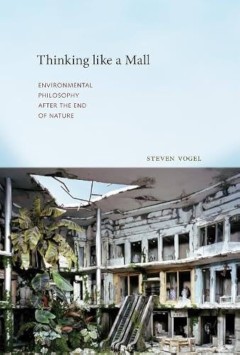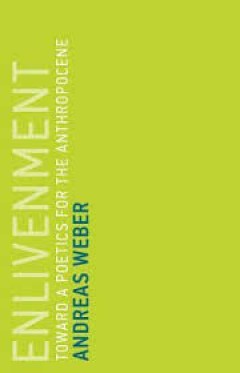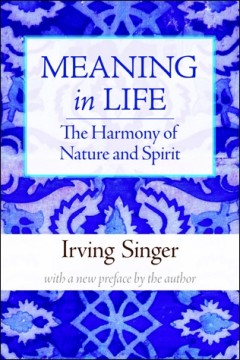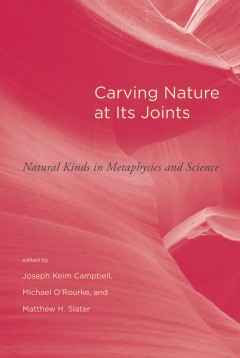Filter by

Thinking like a Mall: Environmental Philosophy after the End of Nature
A provocative argument that environmental thinking would be better off if it dropped the concept of ""nature"" altogether and spoke instead of the built environment.OCLC-licensed vendor bibliographic record.
- Edition
- -
- ISBN/ISSN
- 9780262326988
- Collation
- 1 online resource (x, 283 pages) :illustrations
- Series Title
- -
- Call Number
- -

Enlivenment :toward a poetics for the Anthropocene
A new understanding of the Anthropocene that is based on mutual transformation with nature rather than control over nature. We have been told that we are living in the Anthropocene, a geological era shaped by humans rather than by nature. In Enlivenment , German philosopher Andreas Weber presents an alternative understanding of our relationship with nature, arguing not that humans control natur…
- Edition
- -
- ISBN/ISSN
- 9780262352277
- Collation
- 1 online resource (208 pages).
- Series Title
- -
- Call Number
- -

Meaning in Life: The harmony of nature and spirit
An acclaimed philosopher suggests that the art of living well employs the same principles as those that exist in all artistic creativity.This final book in Irving Singer's Meaning in Life trilogy studies the interaction between nature and the values that define human spirituality. It examines the ways in which we overcome the suffering in life by resolving our sense of being divided between the…
- Edition
- -
- ISBN/ISSN
- 9780262259200
- Collation
- 1 online resource (xix, 222 pages).
- Series Title
- -
- Call Number
- -

Against nature
A pithy work of philosophical anthropology that explores why humans find moral orders in natural orders. Why have human beings, in many different cultures and epochs, looked to nature as a source of norms for human behavior From ancient India and ancient Greece, medieval France and Enlightenment America, up to the latest controversies over gay marriage and cloning, natural orders have been enli…
- Edition
- -
- ISBN/ISSN
- 9780262353809
- Collation
- 1 online resource (96 pages) :illustrations.
- Series Title
- -
- Call Number
- -

Carving Nature at Its Joints: Natural Kinds in Metaphysics and Science
"A Bradford book.""Contemporary discussions of the success of science often invoke an ancient metaphor from Plato's Phaedrus: successful theories should 'carve nature at its joints.' But is nature really 'jointed'? Are there natural kinds of things around which our theories cut? The essays in this volume offer reflections by a distinguished group of philosophers on a series of intertwined issue…
- Edition
- -
- ISBN/ISSN
- 9780262298780
- Collation
- 1 online resource (viii, 355 pages).
- Series Title
- -
- Call Number
- -
 Computer Science, Information & General Works
Computer Science, Information & General Works  Philosophy & Psychology
Philosophy & Psychology  Religion
Religion  Social Sciences
Social Sciences  Language
Language  Pure Science
Pure Science  Applied Sciences
Applied Sciences  Art & Recreation
Art & Recreation  Literature
Literature  History & Geography
History & Geography